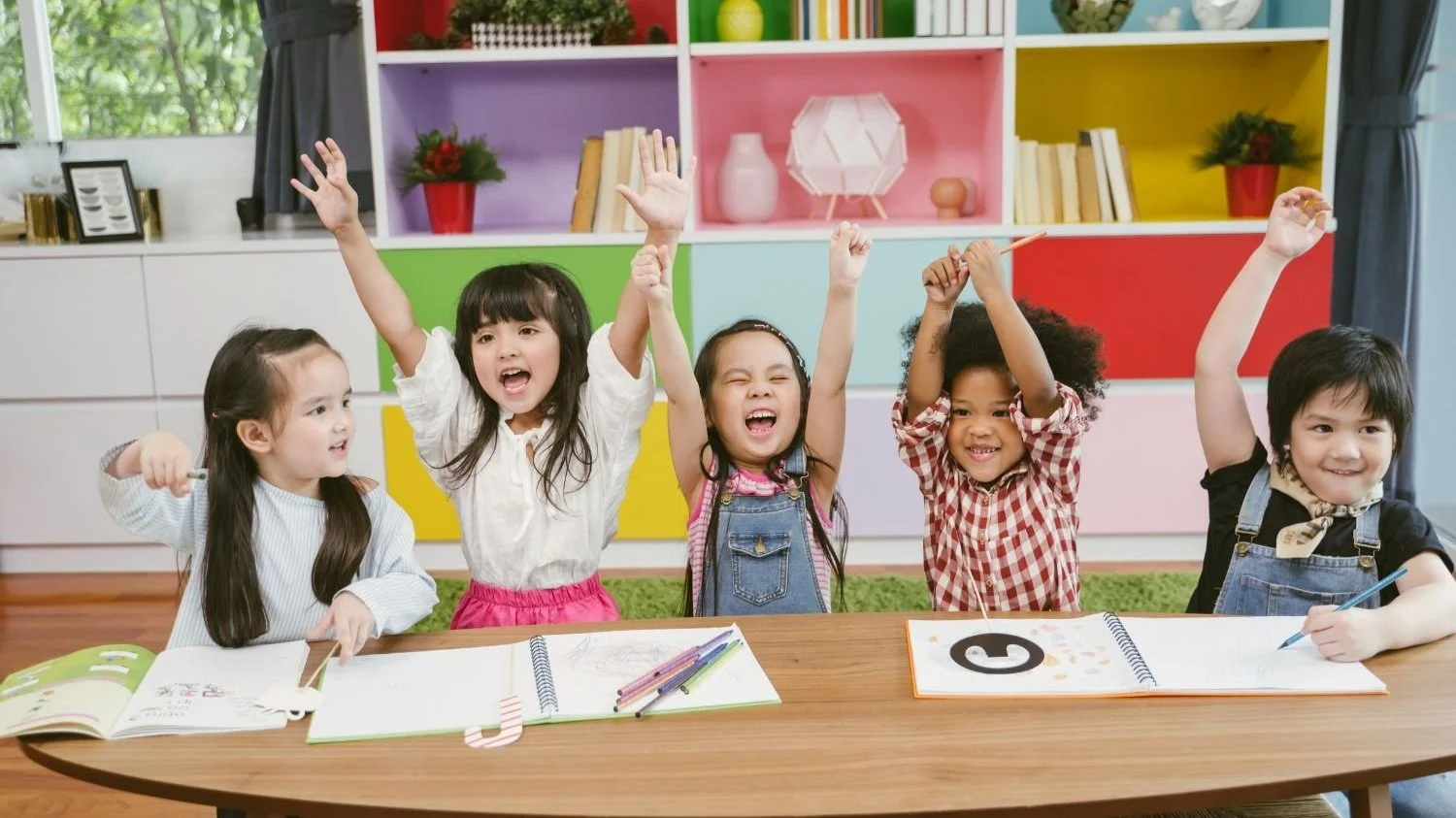Supporting Your Child’s Learning
Despite your best efforts as a parent, sometimes it can be tough to figure out how to best support your child’s learning. Even when it feels like you’re working really hard, you may not see the results you’re looking for in your child. This can lead to worry, frustration, and family conflict. That’s why we want to shed light onto the emotional relational aspects of learning that are not widely understood. Parents who understand the emotional and relational sides of learning often work a lot less hard and see better achievement in their kids.
Emotions and learning are closely related. To keep things simple, today we are going to take a look at 3 ways to support your child’s learning that seem to have nothing to do with academics.
Create Strong Relationships that are Affirming of Emotions
There is growing research that supports how emotional intelligence is a better indicator of success in life, than intelligence measured along the IQ scale. This highlights just how integral it is to raise our children to be more self-aware, and to be better equipped when responding to situations involving others. It also means that focusing solely on academic achievements can undermine your child’s long term success.
To better understand the significance of emotions in learning, it can be helpful to think of your child’s brain as a house. The foundation of the house is built on relationship and emotional support. The main floor of the house is where learning happens, and the top floor of the house is where achievement happens.
So you can imagine that it’s really hard to learn and achieve when you have a shaky foundation. It’s natural for many parents to want to push aside or shut down emotions during study or learning time, feeling that they get in the way of completing the learning task at hand. As much as it may seem counterintuitive, actually making space for those emotions, validating those emotions and comforting and encouraging your child, will support better academic performance.
The importance of emotions and relationships of course relate to parents or caregivers who are closest with the child. We call these people Primary Attachment Figures. But Teachers are what we call Secondary Attachment Figures, so when children are struggling at school, it’s important to consider their relationship with their teacher, and what emotions are at the forefront when they are in the classroom. Children are biologically programmed to seek and establish meaningful connections - it’s how they survive. When healthy connections are not established, and emotional needs are not met, children become preoccupied with meeting these needs and their brain is not freed up for learning. This is true at home and at school.
Get to Know Your Child’s Individual Learning Needs
Through exploring, observing, and acknowledging your child’s learning style, you can strengthen and enhance your relationship with your child (imagine what it’s like for your child to feel understood, like you “get” them). It will also allow you to provide learning opportunities that are more accessible for them.
It is essential to recognize that all children learn differently. Knowing whether your child learns better by hearing, seeing, or doing, can help you offer the right approach to learning and avoid a lot of frustration both for your child and for you!
It is also important to advocate for your child at school if they are struggling. We work with a lot of parents around school advocacy at school because it can be very tricky. We encourage parents to foster a positive relationship with the teacher, provide positive feedback and express concerns in a non-judgmental manner, while sharing what works well at home and asking if it’s okay to suggest things that might help your child have a better experience at school.
Cultivate Confidence
Cultivating confidence can help your child learn how to learn. Normalizing mistakes, inviting risk taking in learning, and ensuring that your child has the time and space to explore their interests and play, are all very important to building the foundation for learning.
Many well-meaning parents enrol their children in an array of activities to benefit their development and explore their interests, and there are certainly benefits to structured activities, the challenge is in finding a balance between structured and unstructured time, because the unstructured time is what allows children the freedom to develop executive function skills, and engage in exploratory play, which fosters a love of learning.
Research has linked that overscheduling contributes to lagging executive function skills in children. This is because when a child is overscheduled, there is little opportunity for children to exercise agency in planning or to have space for thoughtful reflection.
Granting your child the time and space for personal downtime is vital. It will provide your child room to process information and experiences they’ve had and overtime.
With so much pressure on the average family (and child), it’s no wonder that so many are struggling. If your child is struggling academically, we sincerely hope that you will consider going back to the foundation, to address their emotional, relational and individual learning needs, which ultimately lay the foundation for their success both academically, and in their future.

